
Microbiome Medicine Summit 2017 by Daniel Kraft, MD
Description
Your greatest ally in health is your microbiome – the trillions of bacteria that are the control center of your health!
Learn the lessons and methodologies of microbiome medicine – it could improve your health, longevity, vitality and assist with unresolved problems
The Microbiome Medicine Summit 2 will explore how the microbiome orchestrates, regulates and can heal your body. It reveal the latest discoveries about a wide variety of health problems, and how the microbiome can help you heal at a deep level
The Microbiome Medicine Summit 2 will teach you to:
Enhance brain function, mood, anxiety and depression
Address gastrointestinal illnesses, including IBS, Crohn’s and colitis
Counter newly identified GI/brain syndromes
Address autoimmune diseases (at the root cause!)
OUR SPEAKERS
Expert Talk: Jonathan Landsman
How Poor Oral Health Kills Gut Health
4 overlooked threats to our microbiome
Safely removing mercury-based fillings
How to use charcoal for oral health
Expert Talk: Sayer Ji
Rethinking Bacteria and Genetics
The indispensable human virome
Propaganda behind vaccines
Why all viruses are “good!”
Maya Shetreat-Klein, MD
Nature’s Impact on the Microbiome
What You’ll Learn –
Why a healthy environment should NOT be sterile
How diversity in the microbiome impacts health
Link between sun exposure and mortality
Daniel Kraft, MD
Catalyzing Change through Technology and Health
What You’ll Learn –
When technology and healthcare meet!
Future innovations in medical technology
Balancing art and science in practice
Jill Carnahan, MD, ABFM, ABIHM, IFMCP
Gut-Brain Connection and Improving Your Mood
What You’ll Learn –
The often-overlooked gut-brain connection
Lab tests to ask your practitioner for
Microbiome as the foundation for total health!
James Maskell
Creator of Functional Forum
Microbiome, Brain and the Evolution of Functional Medicine
What You’ll Learn –
How the microbiome influences medical practice
Exciting vision for the future model of care
How community affects health and medical treatment
Raphael Kellman, M.D.
Microbiome Medicine: The Foundation of Healing
What You’ll Learn –
Role of the microbiome in disease
Why everything is filtered through the microbiome
Specific strains of probiotics for gut health
Dave Asprey
Founder of Bulletproof
Steps to Supercharging Your Brain
What You’ll Learn –
How to boost your mitochondria
Using brain octane oil effectively
Hacks for better sleep!
David Perlmutter, MD
Healthy Messages from Body to Brain
What You’ll Learn –
Inflammation, neurotransmitters and vitamins
Higher BDNF to lower risk of Alzheimer’s
Landmark study showing reversal of Alzheimer’s
Max Lugavere
Microbiome in Cognitive Performance and Aging
What You’ll Learn –
How the gut influences neurotransmitters
Factors to improving cognitive performance
Role of exercise in a healthy gut and brain
Trudy Scott, CN
Microbiome and Mental Health
What You’ll Learn –
Link between the gut and anxiety
Relief from anxiety/depression with amino acids
Combatting common nutrient deficiencies
Sarkis Mazmanian, PhD
Louis & Nelly Soux Professor of Microbiology
Psychological Effects from the Microbiome
What You’ll Learn –
Do probiotics affect specific autistic behaviors?
Cutting-edge and future research
Does psychological stress affect the microbiome?
Andrea Nakayama, FNLP, MSN, CNC, CNE, CHHC
Functional Medicine for Nutrition and Digestion
What You’ll Learn –
Functional medicine applied to nutrition
The effect of epigenetics
Finding answers without testing
Donna Gates MEd, ABAAHP
Cleansing the Microbiome
What You’ll Learn –
Connections between your gut and brain
Importance of colonics
Recommendations for constipation and bloating
Frank Shallenberger, MD
Healthy Microbiome and Your metabolism
What You’ll Learn –
Improve your metabolic rate
Body acidity and metabolism
Chelation for detoxification
Susan Blum, MD/MPH
Basic Steps to a Healthy Immune System
What You’ll Learn –
How stress affects gut health
Importance of the relaxation response
Role of diet for patients with SIBO
David Jockers DNM, DC, MS
Stomach Acid, Bacteria and Healthy Digestion
What You’ll Learn –
Why stomach acid is critical for gut health
Lifestyle changes for better digestion
Benefits of Lactobaccilus plantarum
David L. Katz, MD/MPH
Fundamentals of a Healthy Lifestyle
What You’ll Learn –
Using what we know to improve health
Overlap of personal and planetary health
Explore the bacterial foundation of life
Allison Siebecker, ND, MSOM, LAc
Demystifying the SIBO Epidemic
What You’ll Learn –
Factors that cause or contribute to SIBO
Connection between food poisoning, IBS, SIBO
Options for treating SIBO
Terry Wahls, MD
Healing Chronic Illness Through the Microbiome
What You’ll Learn –
Why all therapies MUST start with REAL food
Impact of the microbiome on autoimmunity
How supplements can cause imbalances
Jo Panyko, BS, MNT
Microbiome and Chronic Fatigue
What You’ll Learn –
Understanding chronic fatigue
Root causes and how to heal
Exercising caution when using probiotics
Jonathan Landsman
How Poor Oral Health Kills Gut Health
What You’ll Learn –
4 overlooked threats to our microbiome
Safely removing mercury-based fillings
How to use charcoal for oral health
Beth Lambert, MA
Microbiome’s Relation to Childhood Conditions
What You’ll Learn –
Strategies for managing your environment
Impact of diet on children and their brains
Getting to the cause of children’s health issues
JJ Virgin CNS, CHFS
Sugar’s Impact on the Microbiome
What You’ll Learn –
Should fruit consumption be limited?
Why is fructose so bad?
Benefits of increasing fiber
Robyn Youkilis, AADP
Lifestyle of a Healthy Gut
What You’ll Learn –
Cleaning up your gut to enhance intuition
Practical tips for getting kids to eat veggies
Ideas for eating fermented foods
Whitney Tingle & Danielle Duboise, HHC
Eating Your Way to a Healthy Microbiome
What You’ll Learn –
What does it mean to “eat your water?”
Nutrition and “The Joy Factor”
Gut as the first brain (not the second!)
Julie Matthews, NC
Diets and the Microbiome
What You’ll Learn –
Connection between microbiome and autism
Common denominators of disease
Benefits of pathogenic bacteria
Ben Lynch, ND
Importance of the MTHFR Enzyme
What You’ll Learn –
Dangers of too much SAMe
How lifestyle affects methylation
Impact of microbiome on methylation
Marco Ruggiero MD, PhD
The Study of Brain Microbiota and Health
What You’ll Learn –
The microbiome of the brain
How is the brain’s microbiome reconstituted?
Microbial manipulation of behavior
Sayer Ji
Founder of GreenMedInfo
Rethinking Bacteria and Genetics
What You’ll Learn –
The indispensable human virome
Propaganda behind vaccines
Why all viruses are “good!”
Akil Palanisamy, MD
Paleovedic Approach to Microbiome Optimization
What You’ll Learn –
Diet, diversity and your microbiome
Customizing your Paleovedic diet
Non-diet impacts on the microbiome
John Gray, PhD
Healthy Microbiome and Personal Relationships
What You’ll Learn –
Healthy relationships influence gut bacteria
Increasing protein consumption appropriately
Overcoming past trauma to heal the gut
Niki Gratrix, mBANT CNHC
Emotional Trauma in Microbiome Health
What You’ll Learn –
What is attachment trauma?
How your biography becomes your biology
Why new medicine MUST address your whole self
Mike Mutzel, MS
How Gut Bacteria Helps You Burn Fat
What You’ll Learn –
Benefits of home-grown produce
How exercise affects gut bacteria diversity
Heart rate variability (and how to track it!)
Health and Medical course
More information about Medical:
Medicine is the science and practice of establishing the diagnosis, prognosis, treatment, and prevention of disease.
Medicine encompasses a variety of health care practices evolved to maintain and restore health by the prevention and treatment of illness.
Contemporary medicine applies biomedical sciences, biomedical research, genetics, and medical technology to diagnose, treat, and prevent injury and disease,
typically through pharmaceuticals or surgery, but also through therapies as diverse as psychotherapy, external splints and traction, medical devices, biologics, and ionizing radiation, amongst others.
Medicine has been around for thousands of years, during most of which it was an art (an area of skill and knowledge) frequently having connections to the religious and
philosophical beliefs of local culture. For example, a medicine man would apply herbs and say prayers for healing, or an ancient philosopher and physician would apply bloodletting according to the theories of humorism.
In recent centuries, since the advent of modern science, most medicine has become a combination of art and science (both basic and applied, under the umbrella of medical science).
While stitching technique for sutures is an art learned through practice, the knowledge of what happens at the cellular and molecular level in the tissues being stitched arises through science.


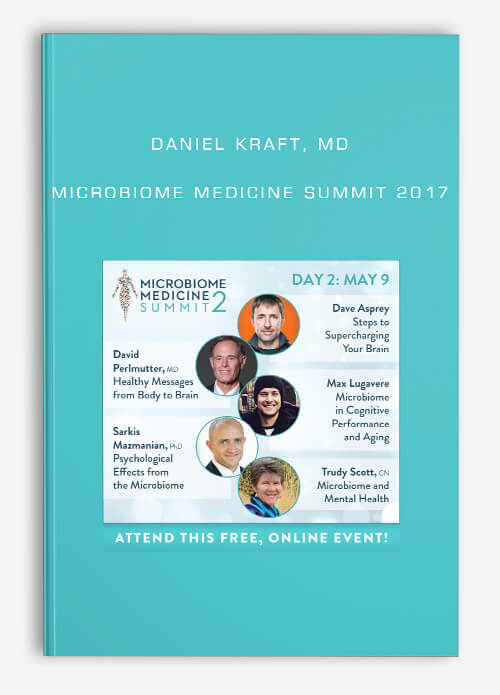
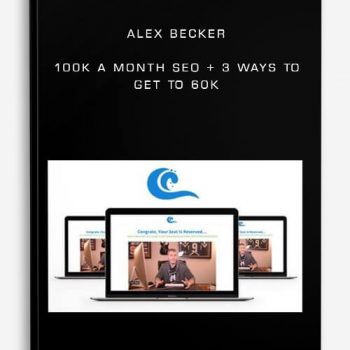

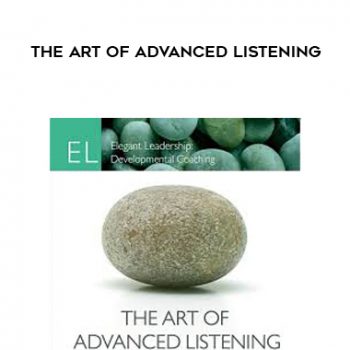
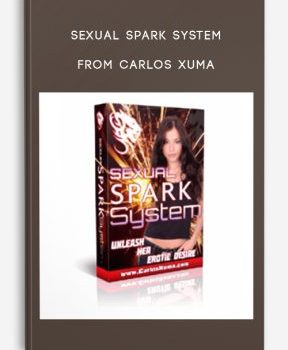
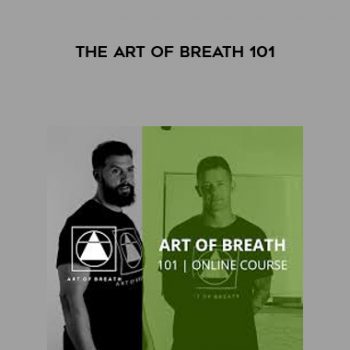
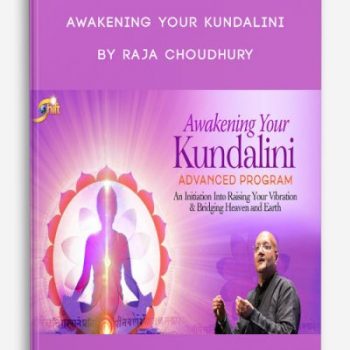
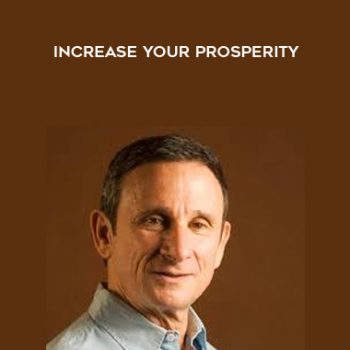
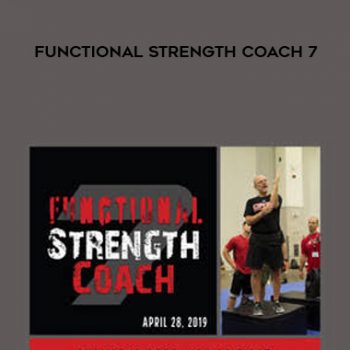
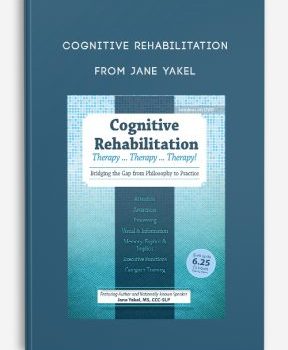
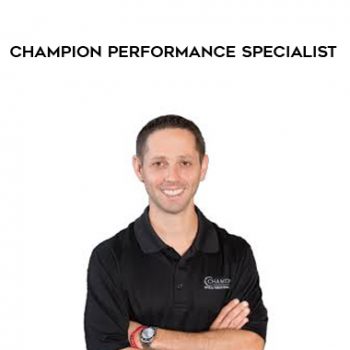
tristian –
This is Digital Download service, the course is available at Coursecui.com and Email download delivery.